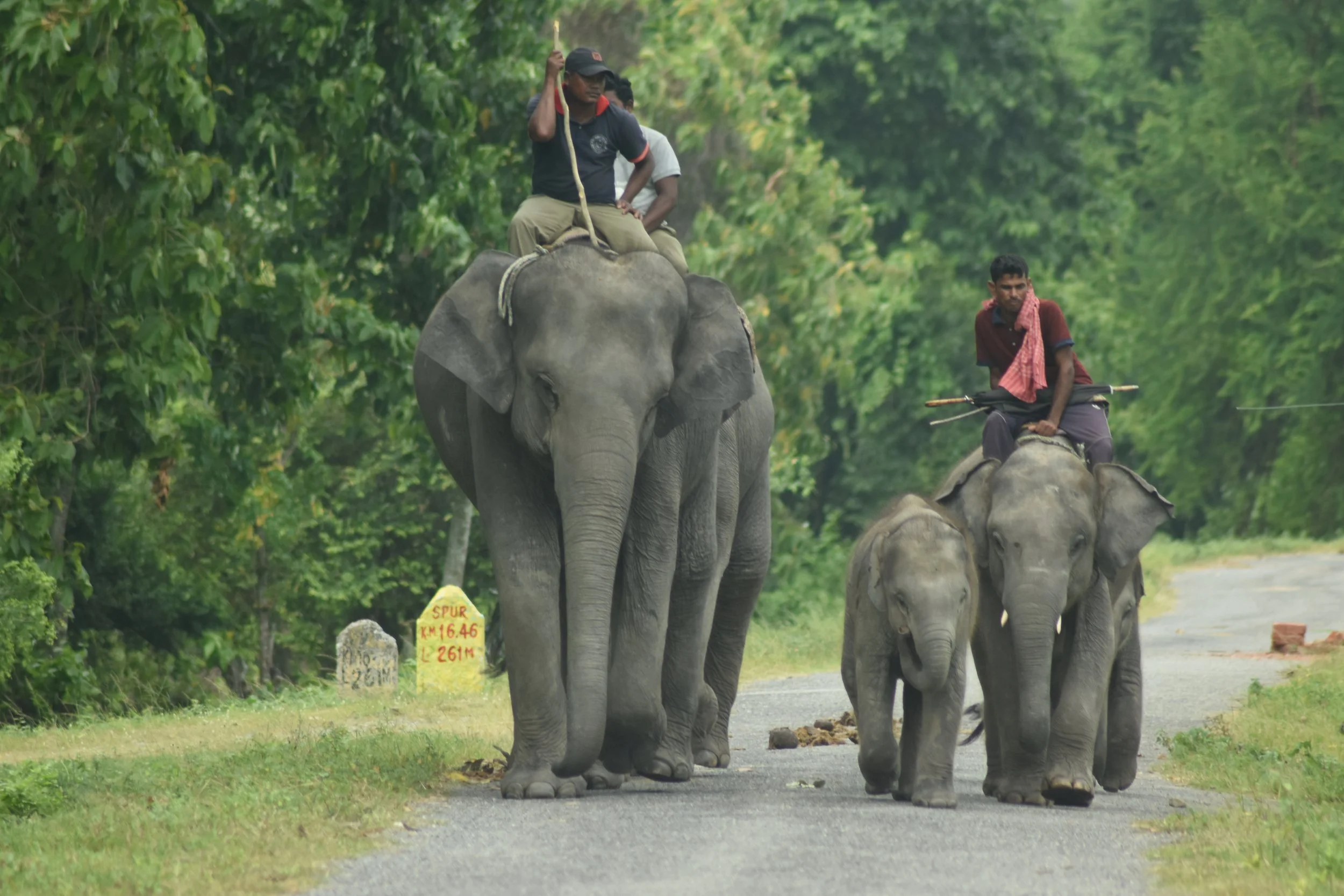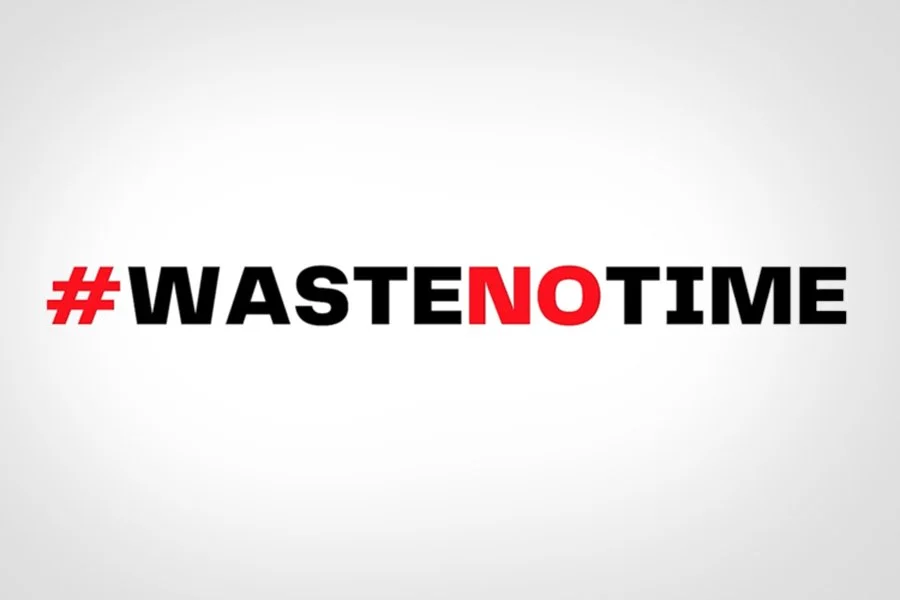Fellowship Products
Summer 2024
Themes: Clean Energy and Environmental Justice, River Delta Communities, Marine Communities
CLEAN ENERGY AND ENVIRONMENTAL JUSTICE: EXPLORING THE CHALLENGES FACED BY ENERGY COMMUNITIES IN A CHANGING ENERGY LANDSCAPE
Kyle Parker, Katherine Wenting Yang
This project explores the environmental, health, and economic burdens historically faced by energy communities because they live and work close to fossil fuel generating activities and infrastructure. We traveled to Colorado to investigate energy-development related challenges for communities in the Intermountain West.
A NEW FUTURE FOR RIVER DELTAS: ADVOCATING FOR COMMUNITY-CENTERED RESTORATION
George Njoroge, Genesis Daquinan, Jessica Sirois, Mayumi Sato
This paper explores the importance of local community involvement in river delta restoration. Without their participation, restoration efforts are often ineffective and can harm both the delta and nearby communities. We present four global case studies and propose ways to engage local communities in external restoration initiatives.
EXPLORING THE HIDDEN RICHES OF MANGROVES: THE BIODIVERSITY OF COASTAL MANGROVE FORESTS AND THEIR IMPORTANCE TO COASTAL COMMUNITIES
Astrid Peraza Juárez, Seth Aqui
This paper highlights the importance of mangrove ecosystems for the safeguard of coastal communities. We examine the various ecosystem services that mangrove forests provide to coastal communities and present key conservation efforts that should be pursued.
Summer 2023
Themes: River Communities, The Renewable Energy Transition
CLIMATE + RIVER COMMUNITIES: HIDDEN VALUES OF RIVERS
Isabella Feldmann, Ripesh Kharel, Beenish Sarfaraz, Lassana Ndiaye
November 6th, 2023
This report examines the need for a paradigm shift in the management of the world's rivers. We argue that the current management of rivers is in need of a major paradigm shift. We highlight four case studies of major rivers around the world and propose solutions to improve the sustainability of these rivers.
CLIMATE + THE RENEWABLE ENERGY TRANSITION: CO-LOCATING RENEWABLES ON STATE OIL AND GAS LANDS
Cecilia Thon, Lala Rukh Memon, Stephen Yaeger
November 6th, 2023
This report delves into the critical potential of co-locating renewable energy sources on state oil and gas lands as a viable strategy for a rapid and sustainable energy transition.
Summer 2022
Themes: Web3, Music, Health
CLIMATE + HEALTH: TO WHAT EXTENT DOES CLIMATE-INDUCED DISPLACEMENT TRIGGER A CASCADE OF MENTAL HEALTH CONSEQUENCES AMONGST GLOBAL YOUTH, AND WHAT ACTIONS CAN BE TAKEN TO IMPROVE THEIR MENTAL HEALTH OUTCOMES?
Sonia Fong, Elias Gaveta, Naiara Nunes, and Summer Wyatt-Buchan
November 7th, 2022
As our changing climate eludes the grasp of human control and climate-induced displacement forces unplanned migration of global populations, climate-related eco-anxiety poses risks to mental health and human wellbeing. Young generations are among those most exposed to the long-term consequences of the current climatic changes and are deeply concerned about climate-induced migration trends. The risks and effects of climate change on human mental health are intensifying rapidly, yet research on the relationship between climate-induced displacement and youth mental health is lacking in the social anthropology space. The aim of this paper (literature review) is to increase youth awareness of the mental health impacts of climate-induced displacement and to suggest solutions for mitigation of climate eco-anxiety in young generations.
CLIMATE + MUSIC: ASSESSING THE LIFE-CYCLE IMPACTS OF AN ALBUM—AN ESG FRAMEWORK OF THE MUSIC INDUSTRY
Vera Lővei, Somya Matta, Wanyi Ji, Alicia Zhang
November 7th, 2022
Understanding the impacts of each and every industry is essential to addressing the climate crisis through an ‘all-of-society’ green transition. Although music is not one of the top polluting industries, it is uniquely positioned for mass appeal due to the overwhelming number of artists and young audiences who have expressed support for environmental issues historically. Unfortunately, the examination of these impacts is grossly under-researched and, where research exists, it is often conducted in a non-uniform manner and applied to only part of the industry. The diversity of methodologies makes it difficult to understand the industry’s environmental impacts; research is further lacking in understanding industry social and governance impacts. Thus, for a variety of reasons, a holistic understanding of the industry’s impacts, and opportunities for improvement, remains elusive. In our paper, we conduct a comprehensive review of the music industry’s environmental, social, and governance (ESG) impacts and we use a life-cycle assessment (LCA) of a hypothetical international hit album as an illustrative framework.
CLIMATE + WEB3: USING THE METAVERSE TO TEACH CLIMATE CHANGE
Lindsay Brand, Shivani Dahiya, Felipe Ramirez, Zachary Zeller
November 7th, 2022
Web3 technology will have a large impact on the education sector. This paper will explore applications of Web3 in climate education. Specifically using interactive virtual worlds, known as metaverses, that will create an immersive learning experience and learning communities through Decentralized Autonomous Organizations. While this technology has the opportunity to create positive and meaningful change, there must also be guidelines and safeguards for children and young adults engaging with Web3 platforms.
Summer 2021
Theme: Responsibility and Resources for Climate Justice
THE USE OF TECHNOLOGY AND CLIMATE-JUST SYSTEMS TO MANAGE SOLID WASTE
Anna Abraham, Jack Dimmock, Ruwanthi Gajadeera, Ghislain Irakoze, and Nia Smith
August 26th, 2021
Conversation around waste generally consists of topics about where waste comes from and its physical traits. Waste is not only connected to climate justice because of its connection to other social, economic, and environmental issues, but also because of its greenhouse gas emissions associated with transporting and disposal. Composting and waste banks are alternative waste management systems that provide social, economic, and environmental benefits. As opposed to landfills, disposing of organic waste in composting systems results in lower greenhouse gas emissions from transportation and decomposition. Waste banks are another option for giving once discarded materials another purpose. For example, repurposing fabric has potential to disrupt the fashion industry while providing social, economic, and environmental benefits. These alternative waste management methods can also contribute to a larger circular economy. Using technology to fully optimize alternative waste management systems means that circular economies benefit local economies and combat climate change simultaneously.
TOWARD A GLOBAL FRAMEWORK FOR PUBLIC COASTAL ACCESS
Kira Clingen, Rai Saad Khan, and Keoni Rodriguez
August 31st, 2021
This report summarises how various countries, across the world, derive coastal access rights, how coastal access policy manifests on the ground, and how countries can sustain best practices to preserve the public right of coastal access. Without broad frameworks for addressing coastal access, governments are ill-equipped to meet the unique and unprecedented challenges of climate change and the rampant inequities that accompany it. Taking into account the structural marginalisation of certain groups and communities from accessing rights and services, coupled with their disproportionate exposure to climate impacts—there is a need for an environmental justice approach to ensure that those peoples can access and benefit from their rights to coastal access.
Summer 2020
Theme: Goal 17, Partnerships for the Goals
THE ROLE OF URBAN AGRICULTURE IN ADVANCING THE SDGS: A MULTIDISCIPLINARY APPROACH
Navaz Bilimoria, Yanaika Denoyelle, and Alexander Nguyen
September 2nd, 2020
In examining the several benefits of promoting urban agriculture, this paper intends to showcase the multidisciplinary potential of urban farms in the United States. A four-sphere multidimensional framework is used to combine the environmental, social, economic, and political aspects of urban rooftop farms. These spheres work well in advancing the goals of several United Nations’ Sustainable Development Goals (SDGs), with a focus on contextualizing the carbon economy in a landscape of sustainability. The paper begins by delineating how urban agriculture connects to each different sphere. To demonstrate an effective form of urban farming that is sustainable in all four spheres, the paper then analyzes the benefits and challenges of implementing rooftop farming in U.S. cities. Furthermore, a case study was undertaken on lettuce as a key produce item in regards to rooftop farms. Such specific examples underscore the importance of urban agriculture’s multidisciplinary potential, and allow a clearer view on the feasibility of sustaining urban farms, given careful consideration of all four spheres and the localized context.
ACHIEVING THE SDGs THROUGH INNOVATIVE FINANCE: THE ROLE OF IMPACT INVESTMENT
Anna Gallicchio and Emma Marszalek
September 6th, 2020
This paper identifies approaches to impact investment that best optimize compatibility between impact investors and investees. Additionally, this paper seeks to identify how impact investors can best identify SDG targets that align with their priorities and available resources. The findings demonstrate that there are a range of investor/investee relationships within the impact investment space. This range can be navigated to produce successful impact investments by considering prioritization of impact and profit, available financial mechanisms, sectoral and geographic specialization, and scalability of the social enterprise. These four factors determine investor-investee compatibility, demonstrated through examination of two case studies: Prudential Financial’s investment in AeroFarms and BlueOrchard’s Regional Education Finance Fund for Africa. This paper concludes that pursuit of any SDG target through impact investment is possible, but individual investors are better suited to pursue specific SDGs depending on compatibility factors between the investor and investee.
Interested in our Fellowships?
We're not currently recruiting for any fellowships, but we'd love to keep you informed!












